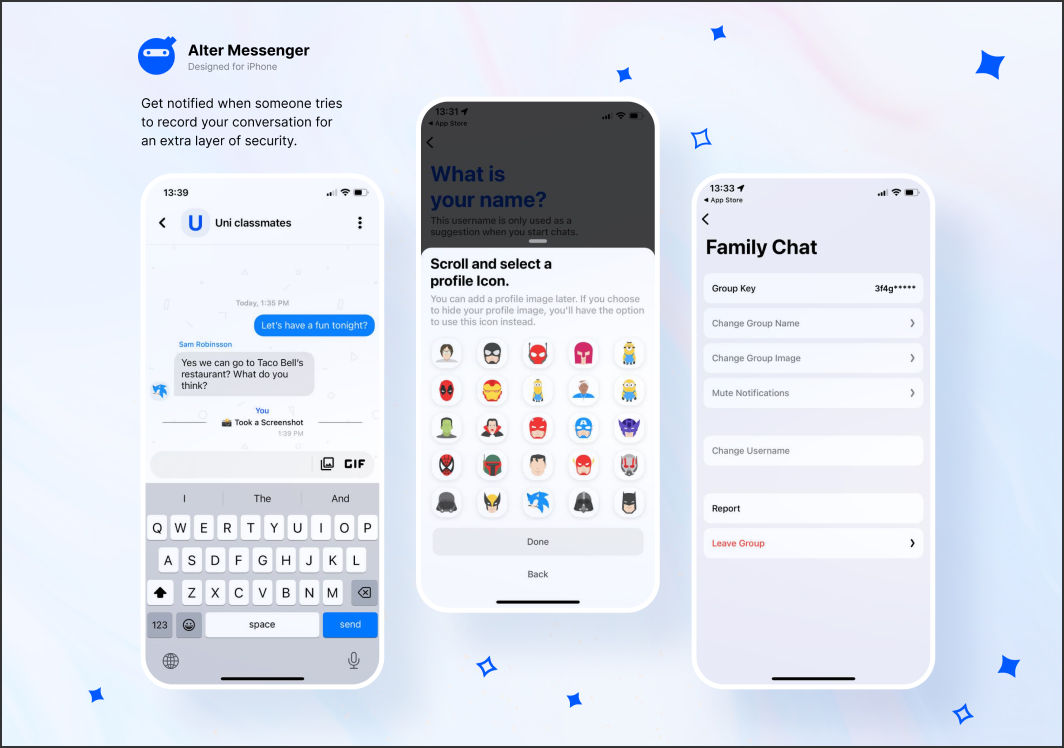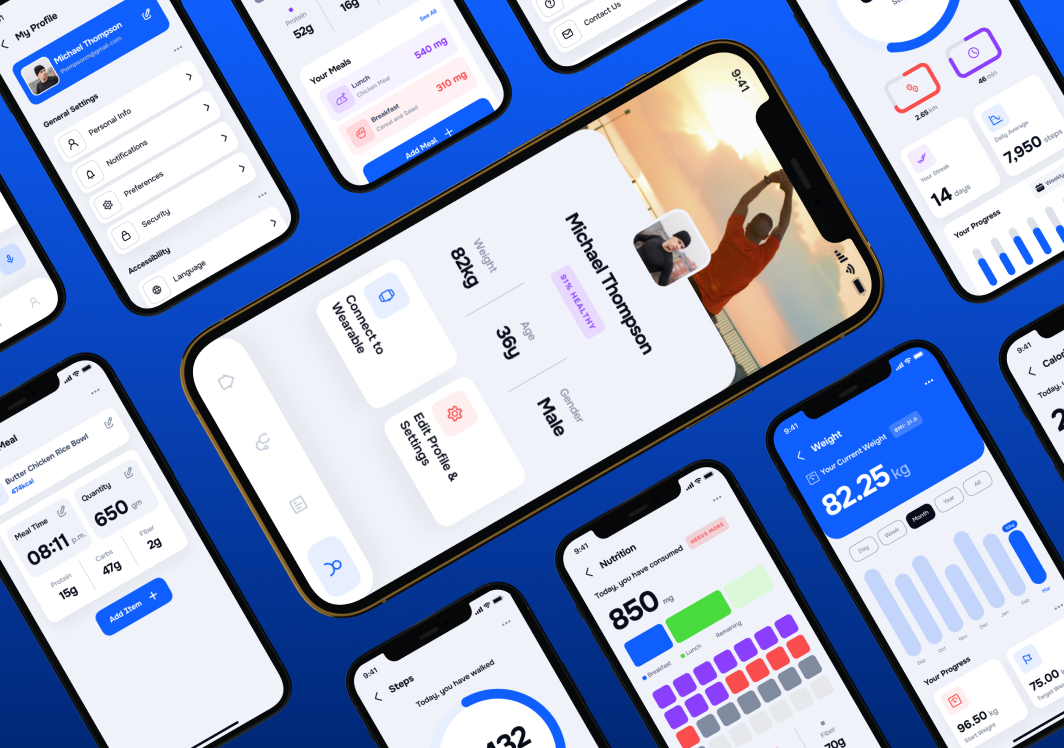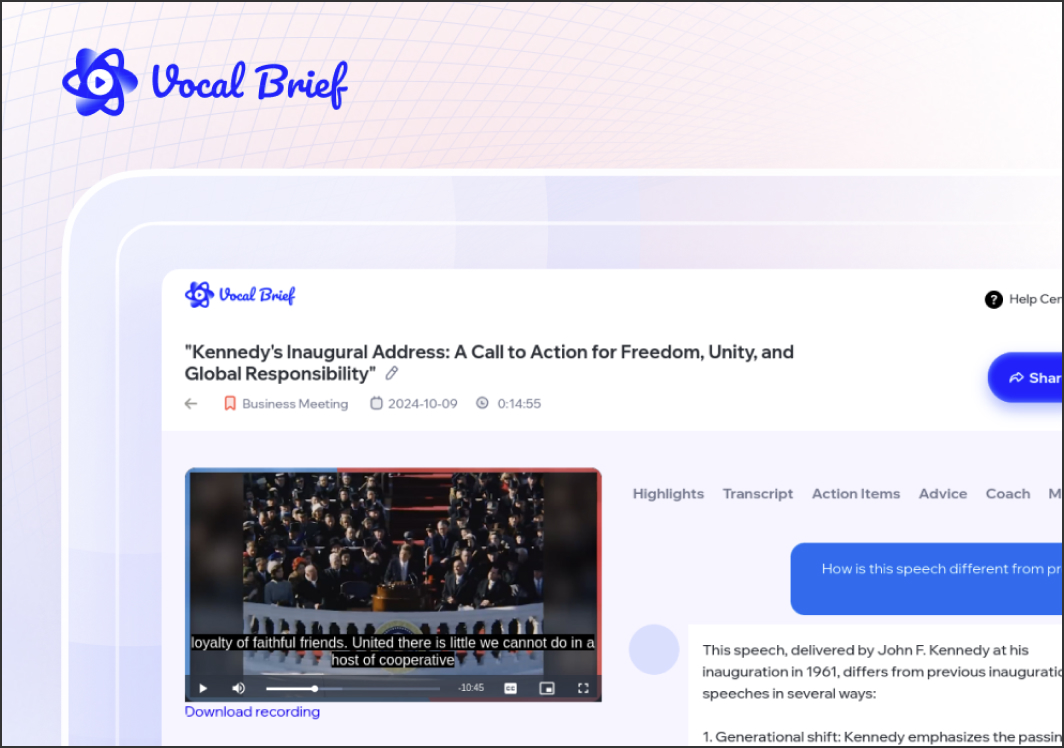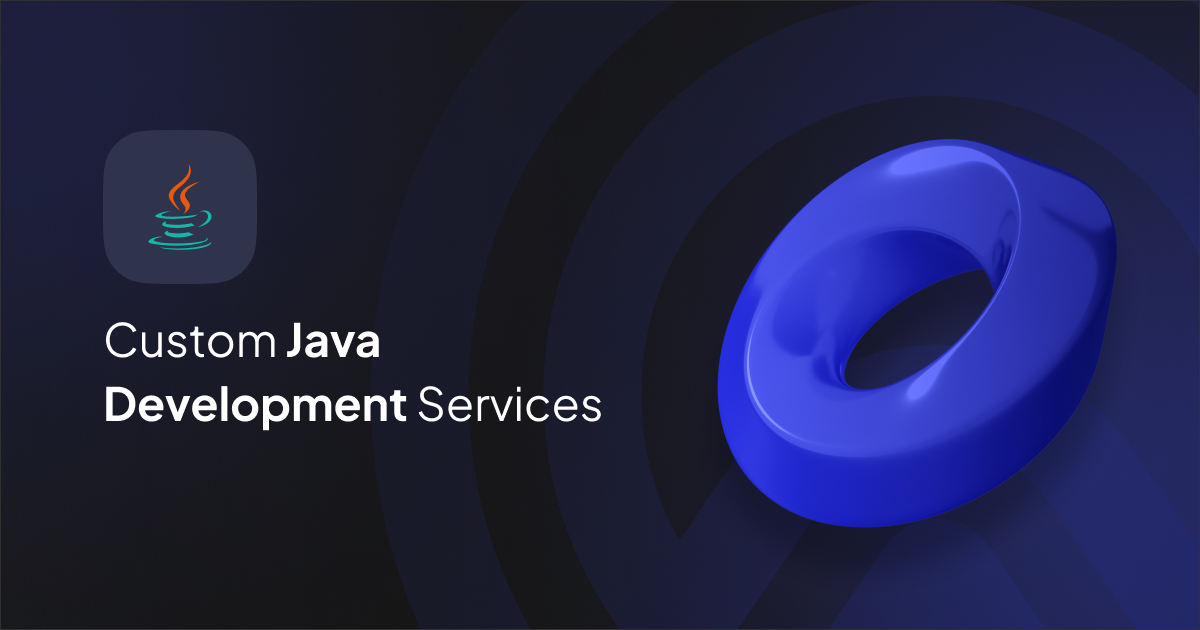What is Java?
Java is a versatile, object-oriented programming language that has been a cornerstone of software development for over two decades. Renowned for its portability, security, and robustness, Java is widely used for building enterprise-level applications, mobile applications, web services, and more.
Benefits of Using Java
Platform Independence: Java’s “write once, run anywhere” capability allows applications to run on any device equipped with the Java Virtual Machine (JVM), making it a highly portable language.
Robust and Secure: Java’s strong memory management, automatic garbage collection, and extensive security features help developers create reliable and secure applications.
Scalability: Java is designed to scale seamlessly from small-scale applications to large, complex systems. Its modular approach and rich set of APIs support the development of scalable software solutions.
Rich Ecosystem: Java boasts a vast ecosystem of libraries, frameworks, and tools, such as Spring, Hibernate, and Apache Maven, which accelerate development and enhance functionality.
Key Features of Java
- Object-Oriented: Java’s object-oriented principles promote code reuse, modularity, and flexibility, enabling developers to build complex applications efficiently.
- Rich Standard Library: Java’s comprehensive standard library provides pre-built functionality for tasks such as networking, data structures, and file I/O, reducing development time.
- Multithreading: Java supports multithreading, allowing developers to create high-performance applications that can perform multiple tasks simultaneously.
- Garbage Collection: Java’s automatic garbage collection helps manage memory efficiently, reducing the risk of memory leaks and improving application performance.
Common Applications of Java
Enterprise-Level Applications: Java is widely used in large-scale enterprise environments to develop robust and scalable applications that handle complex business processes.
Web Development: Java’s powerful frameworks, like Spring and Hibernate, make it an excellent choice for building dynamic, high-performance web applications.
Mobile Development: Java is the primary language for Android development, enabling developers to create powerful and user-friendly mobile applications.
APIs and Microservices: Java’s scalability and performance make it ideal for developing APIs and microservices architectures, facilitating seamless communication between different systems.
Getting Started with Java Development
To get started with Java development, you’ll need to set up the Java Development Kit (JDK) on your machine. Integrated Development Environments (IDEs) like IntelliJ IDEA, Eclipse, and NetBeans can streamline your development process with powerful tools and features.
Java’s extensive documentation and active community support make it accessible for developers of all skill levels. Whether you’re building a simple web application or a complex enterprise system, Java provides the tools and resources needed to bring your vision to life.
Java continues to be a dominant force in the software development world, offering a reliable, scalable, and secure foundation for a wide range of applications. By leveraging its robust ecosystem and powerful features, developers can build high-quality software solutions that meet the demands of today’s dynamic business environment.
Page Updated: 2025-02-24






































